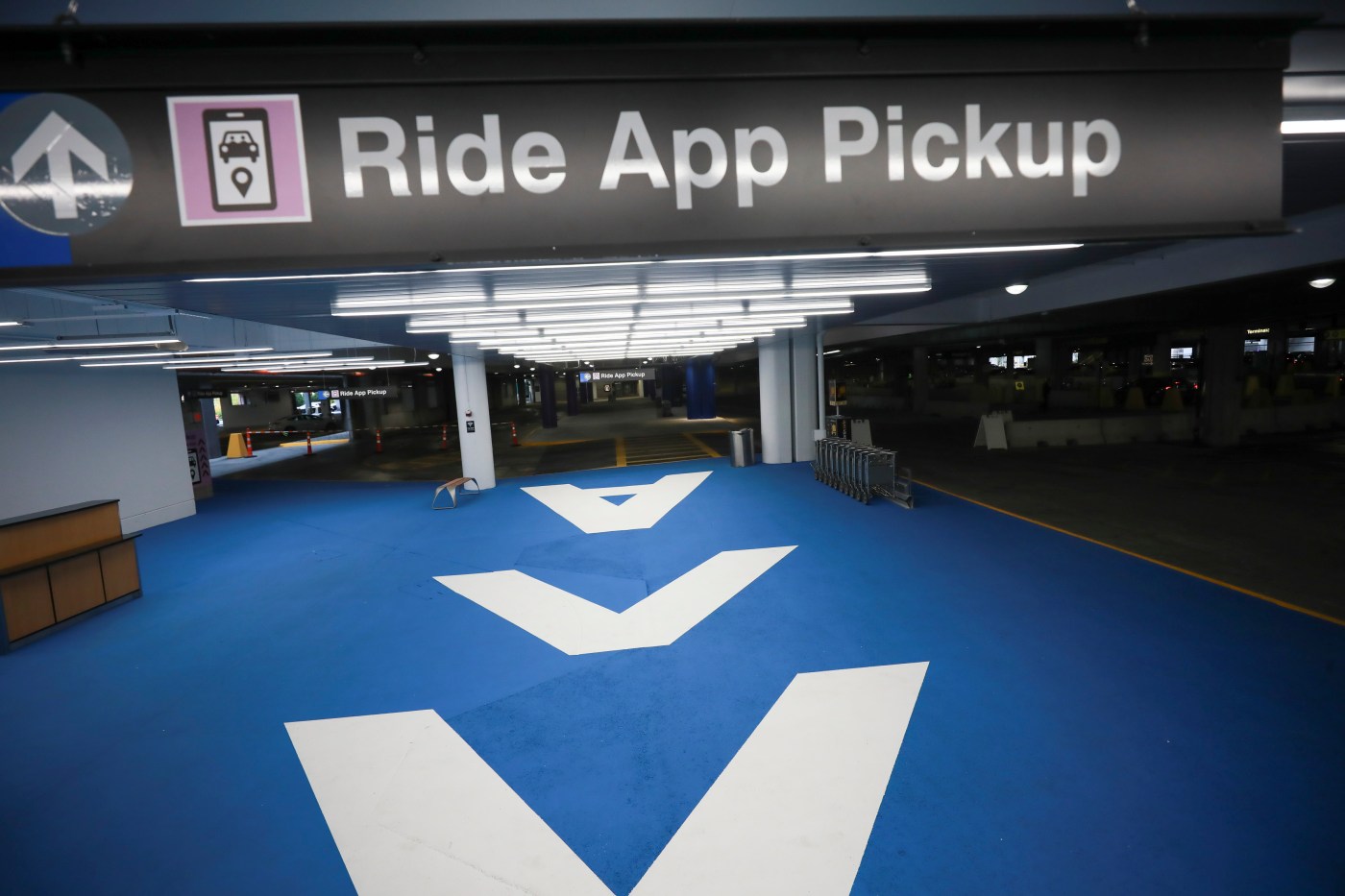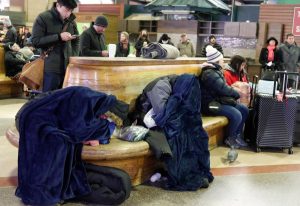
Scherer: Airport rideshare fee repeal good for consumers
Americans already have enough to worry about when flying. The last thing passengers need is to spend more money to get to the airport. Yet, in many cases, that is precisely what happens when they use popular rideshare services.
In a new study, the American Consumer Institute highlights how airports nationwide increasingly impose fees on ridesharing services like Uber and Lyft. Airports say these fees — which consist of pickup fees and occasionally drop-off fees — are needed to subsidize ground transportation services, fund road maintenance and reduce traffic congestion. However, such arguments are unconvincing.
Consumers should be free to choose the transportation service that best fits their needs. That requires airports to treat all services individually and sometimes be willing to scale down less popular transportation offerings. In addition, private vehicles, taxis and limousines each use airport roads but, in most cases, they are not subject to fees or are subject to lower fees. Moreover, the low elasticity of demand for ridesharing services indicates that hiking fares would do little to reduce airport congestion. In other words, there is no evidence that raising fees on ridesharing services reduces consumer demand for those services, meaning the same number of vehicles remain on the road.
A better explanation for why airports want to levy such fees is that they represent a growing source of easy revenue that does not require consumers’ consent.
With the rapid rise of ridesharing as a form of transportation, airport authorities have quickly moved to capitalize on a new revenue stream, imposing fees on companies that are often, sadly, passed through to consumers in the form of higher fares.
Using data on Americans’ travel to and from airports annually, ACI estimates the total consumer welfare losses from ridesharing fees total $932 million yearly, with fees averaging $3.47 for pickups and $2.69 for drop-offs, respectively. Removing such fees would “return an estimated 22 million riders to rideshare services and boost annual income by $532 million in fares for drivers and rideshare companies.”
Unfortunately, airport authorities have provided little indication they intend to stop using these fees. In fact, in many cases, airports are increasing them.
Rather than continuing to impose fees on ridesharing services, airports should shift their business model to accommodate changes in consumer preferences. There is no reason airports can’t downsize the overhead costs of other less popular forms of transportation services over time.
Americans should not have to pay more than they already do when traveling by air. Singling out ridesharing companies for additional fees lacks justification and imposes unnecessary consumer costs. Policymakers would be wise to re-examine airports’ ability to levy such fees without public approval.
Nate Scherer is a policy analyst with the American Consumer Institute/InsideSources.com


